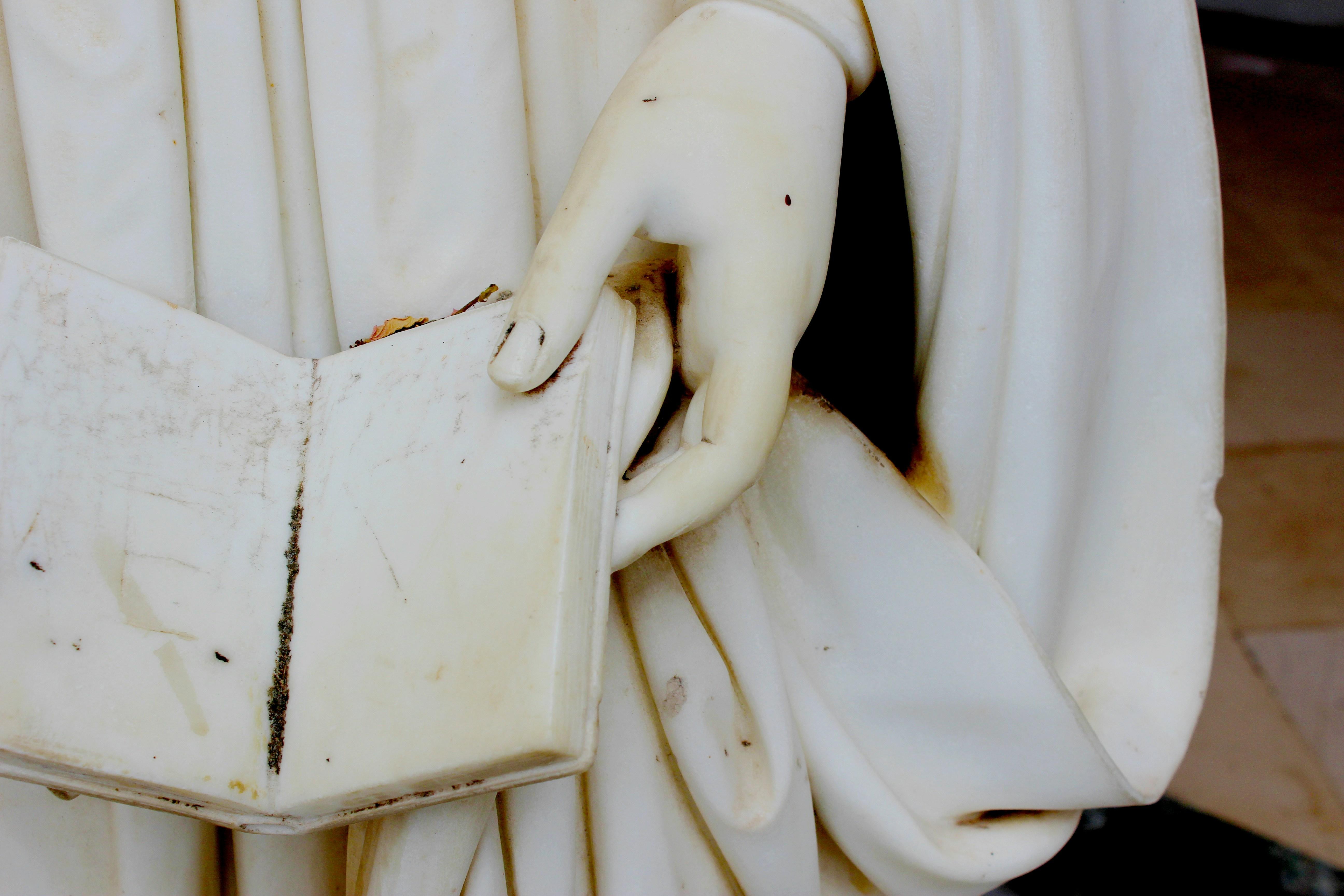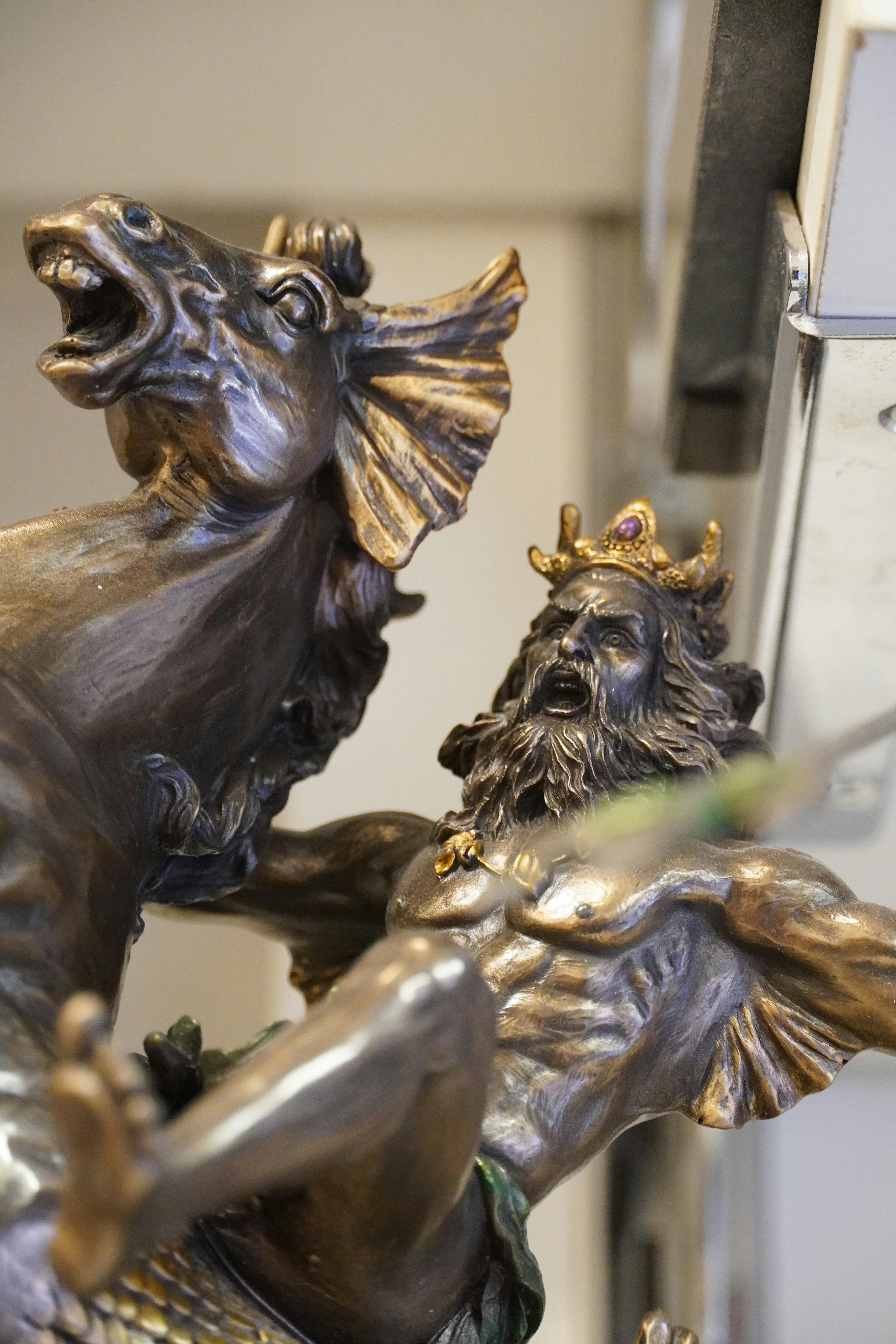In the realm of contemporary literature, few works have captured the imagination of readers and scholars alike as effectively as Madeline Miller‘s The Song of Achilles. This novel, a reimagining of the events surrounding the legendary Greek hero Achilles, intricately weaves the timeless threads of ancient mythology into a modern narrative tapestry. At its core, The Song of Achilles serves as a testament to the enduring influence of mythological constructs on storytelling, offering a fresh perspective on well-trodden tales. This article seeks to explore the profound impact of Greek mythology on Miller’s work, examining how mythological elements are not merely decorative but serve as foundational components that shape character development, thematic depth, and narrative structure. By dissecting the interplay between myth and modern narrative techniques, this analysis aims to illuminate the ways in which Miller’s novel revitalizes ancient myths, inviting readers to engage with these timeless stories in a manner that is both familiar and innovative.
Mythological Foundations in The Song of Achilles
Madeline Miller’s The Song of Achilles delves deeply into the rich tapestry of Greek mythology, weaving it seamlessly into the narrative fabric. Mythological figures and themes serve as both backdrop and catalyst for the character development and plot progression. The ancient world of gods and heroes is not just a setting but a living entity that shapes the destinies of the characters. The story draws heavily on the intricate relationships and fates dictated by the mythological canon, providing a fresh perspective on well-known tales. Through the lens of myth, Miller explores themes of fate, honor, and love, bringing a new depth to the characters of Achilles and Patroclus.
- Fate and Prophecy: The inevitability of Achilles’ fate, as foretold by the oracle, looms large over the narrative, echoing the mythological emphasis on destiny.
- Divine Intervention: The gods and goddesses, from Thetis to Apollo, play critical roles, reminding readers of the ancient belief in divine influence over mortal affairs.
- Heroic Ideals: The text examines the concept of heroism, contrasting the mythological ideal with the personal struggles and desires of the characters.
These mythological foundations do not merely serve as ornamental elements; they are integral to understanding the motivations and eventual tragedies that befall the characters. The interplay between human agency and divine will is a core theme, as Miller artfully balances the grandeur of myth with the intimacy of personal relationships.
Character Development through Mythological Archetypes
In “The Song of Achilles,” Madeline Miller delves into the profound influence of mythological archetypes on character development, weaving an intricate tapestry of ancient symbols and timeless narratives. Achilles, the embodiment of the hero archetype, is characterized by his legendary strength and unwavering determination. However, Miller nuances this portrayal by exploring his vulnerability and internal conflict, offering a fresh perspective on the heroic journey. The classic hero’s trajectory is interwoven with moments of doubt and introspection, which humanize Achilles and invite readers to engage with his story on a more intimate level.
Patroclus, on the other hand, is portrayed through the lens of the companion archetype, providing balance and depth to the narrative. His loyalty and devotion highlight themes of friendship and love, which are often overshadowed in traditional mythological tales. Miller’s adaptation elevates Patroclus from a mere side character to a pivotal figure whose perspective enriches the epic’s emotional core. Together, Achilles and Patroclus embody a complex dynamic that challenges and redefines their archetypal roles, offering insights into the interplay between destiny and personal choice. This nuanced character development underscores the enduring impact of mythology, not only in storytelling but also in understanding the multifaceted nature of human identity.
- Heroic Vulnerability: Achilles’ struggles add depth to his archetype.
- Companion’s Perspective: Patroclus offers a fresh narrative lens.
- Dynamic Interplay: The duo redefines traditional roles.

Narrative Techniques Influenced by Greek Mythology
The narrative techniques employed in “The Song of Achilles” are deeply entrenched in the rich tapestry of Greek mythology, offering a multi-layered storytelling experience. Madeline Miller skillfully utilizes these mythological elements to enhance the emotional depth and complexity of her characters. One of the most prominent techniques is the use of archetypes, which are pivotal in shaping the reader’s understanding of the characters. The hero, the tragic figure, and the wise mentor are all archetypes that find their roots in ancient myths, providing a familiar yet profound framework for the narrative.
Additionally, Miller incorporates symbolism and foreshadowing, which are heavily influenced by mythological traditions. These elements are used to create a sense of inevitability and destiny, mirroring the ancient belief in the Fates. The use of allusions to well-known myths not only enriches the narrative but also serves to connect the reader to a timeless cultural heritage. This technique allows the story to resonate on multiple levels, as it engages both the intellect and the emotions of the audience. By weaving these mythological threads throughout the narrative, Miller creates a story that is both epic in scope and intimate in its exploration of love and loss.

Recommendations for Analyzing Mythological Themes in Literature
When delving into mythological themes within literature, such as those found in The Song of Achilles, it’s essential to approach the text with a multifaceted lens. Begin by examining the character archetypes and their mythological counterparts. For instance, consider how Achilles and Patroclus mirror traditional hero and companion dynamics seen in ancient myths. Analyzing their relationships can reveal insights into themes of heroism, love, and fate.
- Symbolism: Identify recurring symbols and motifs that originate from Greek mythology, such as the significance of Achilles’ heel or the divine interventions of gods like Thetis.
- Cultural Context: Understand the historical and cultural backdrop of the original myths. This helps in appreciating how Madeline Miller adapts these elements to create a contemporary narrative.
- Narrative Techniques: Observe how mythological storytelling techniques, such as prophecy and epic similes, are utilized to enhance the novel’s thematic depth.
These strategies can provide a deeper understanding of how mythological elements shape the narrative and character development in The Song of Achilles, allowing readers to appreciate the timeless impact of these ancient stories.
